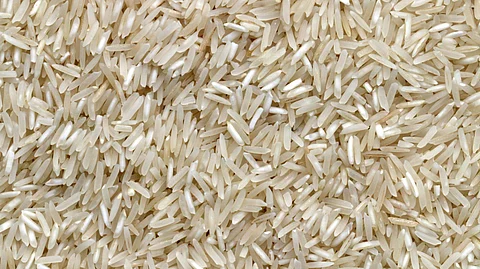A recent investigation has uncovered alarming levels of arsenic and cadmium in over 100 rice brands sold across the United States, raising significant public health concerns. These toxic heavy metals, even at low concentrations, have been linked to various health issues, including cancer, developmental delays, and cardiovascular diseases.
The U.S. Food and Drug Administration (FDA) conducted tests revealing that approximately 25% of rice samples from grocery and retail stores contained excessive levels of these metals. Arsenic, a naturally occurring element, can accumulate in rice due to contaminated soil and water, especially in flooded paddy fields. Cadmium, another hazardous metal, is often introduced through industrial pollution and phosphate fertilizers.
Long-term exposure to arsenic has been associated with skin, bladder, and lung cancers, as well as heart disease and diabetes. Cadmium exposure primarily affects the kidneys, leading to potential kidney failure, and has been linked to bone demineralization and increased cancer risks. Children are particularly vulnerable, absorbing these metals more readily, which can result in cognitive impairments and developmental issues.


